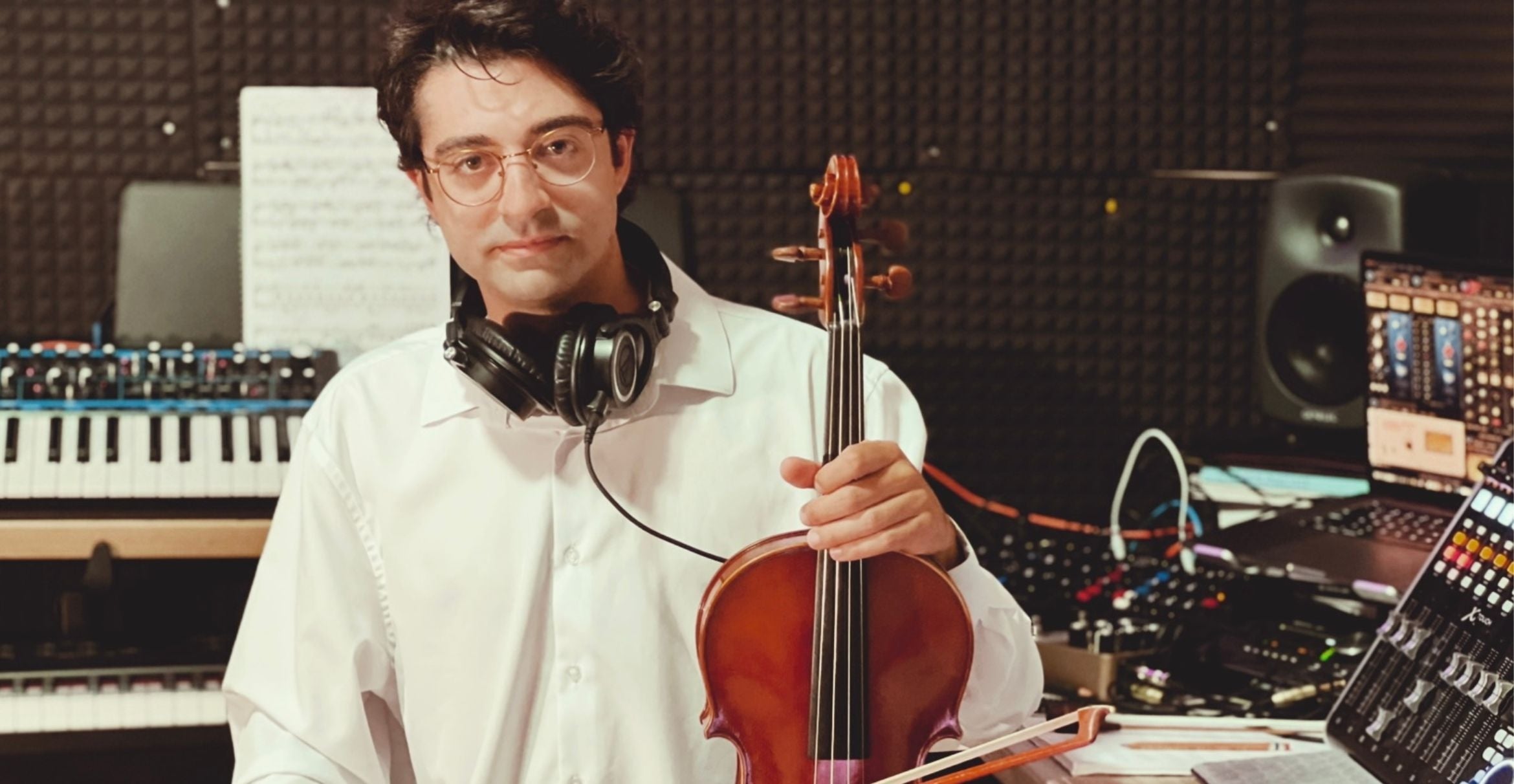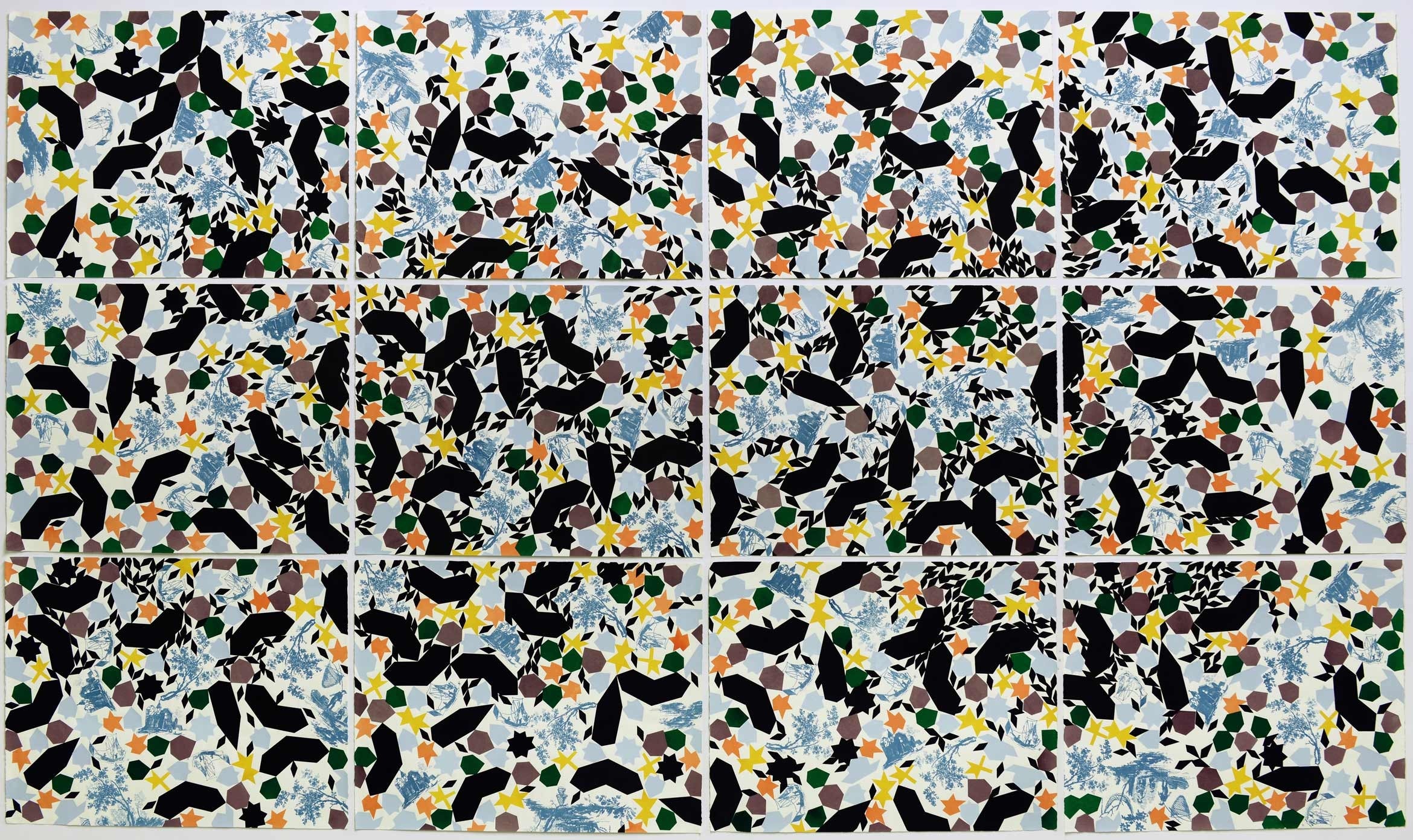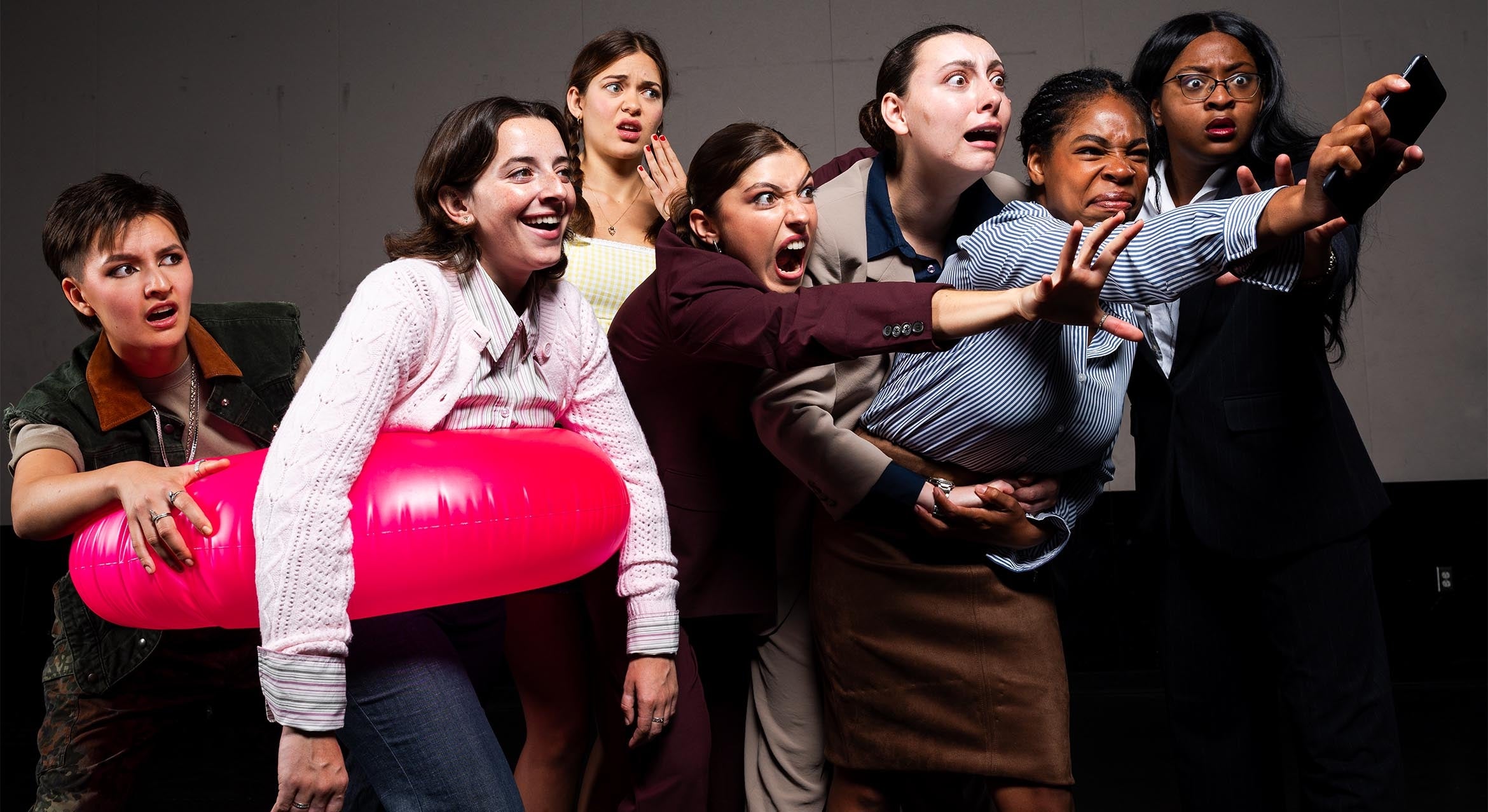A consortium recently created to advance collaborative interdisciplinary literary research by graduate students and faculty at the University of California, Santa Barbara will hold its first conference Friday, Nov. 1.
"Mind and Body," the first graduate student conference of the newly formed Consortium for Literature, Theory, and Culture (CLTC), will feature presentations by 15 graduate students representing eight UCSB departments. Dick Hebdige, director of the Interdisciplinary Humanities Center, will give the keynote address, "Even Unto Death: Improvisation, Edging and Enframement."
The conference begins at 8:45 a.m. and will be held in the McCune Conference Room of the Humanities and Social Sciences Building.
David Marshall, dean of humanities and fine arts, will give an address officially dedicating the Consortium at 5:20 p.m. A reception will follow.
The conference is free and open to the public.
Papers will be given in five categories: "Text and Power," "Borders of Philosophy," "Spectating," "Reality and Identity," and "Cultural Representations."
About 60 professors representing nine departments -- Comparative Literature; Classics; Dramatic Arts; East Asian Languages and Cultural Studies; English; French and Italian; Germanic, Slavic, and Semitic Studies; Spanish and Portuguese; and the Interdisciplinary Humanities Center -- are affiliated with CLTC.
Goals of the consortium are to promote interdisciplinary theoretical study of literature and culture, particularly by graduate students.
To that end, CLTC will present colloquia and lectures and create classes in addition to its graduate conference, which will become an annual event. It will also provide graduate students with fellowships and dissertation stipends.
"The purpose is to support graduate study and research and to bolster all of the graduate programs in literature," said CLTC chair Susan Derwin, who also chairs UCSB's Comparative Literature Program. "Not only are we organizing resources already available through existing programs, we are creating new things."
A key new element is the graduate student conference, Derwin said. Each year, thematic seminars will be held that will point to students conducting research that can be presented at the annual conference.
"What is wonderful about this is it gives the students from different departments an opportunity to come together," Derwin said. "This kind of forum and the classes we mount will bring together students across disciplines and cultural and national literatures."
The conference is an important opportunity in other ways.
"Students will have the opportunity to present their work in a public forum," Derwin said. "They will have the opportunity to respond to others doing the same. They will have the chance to hear what people are doing across the literatures and other disciplines.
"These are all skills that you need when you go out in the job market."
The conference hopes to encourage students to use new ways of presenting their work.
"We try to encourage multimedia and performance presentations," Derwin said. "We are thinking about our assumptions about what a conference is and we are trying to work with them and stretch them and bend them."
The CLTC Graduate Student Conference is co-sponsored by the Interdisciplinary Humanities Center. Further information is available at the consortium web site, www.cltc.ucsb.edu.
Related Links



